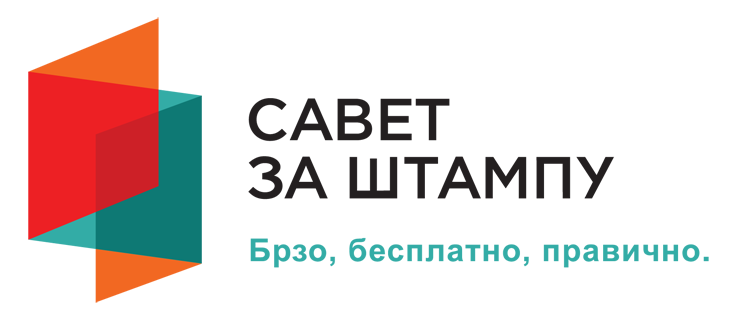Serbia: Fighting for journalism ethics
(DW Akademie) – Violations of the press code are common in Serbia, especially when it comes to tabloid media. But the country’s press council is promoting ethical and journalistic standards, with support from DW Akademie.
A 13 year-old boy was found at school, holding a knife in his hand. He apparently wanted to commit suicide, and told the police that his father had sexually abused him several times. The police then arrested the man and put him in custody.
The tabloid press pounced on the story. A reporter coaxed the young boy into describing in detail how and where his father had abused him. His mother was shocked and said she had never noticed anything unusual.
The paper revealed the family members’ initials and in no time, everyone in this small southern Serbian town of less than 20,000 residents knew who was involved in the story.
Numerous violations of the press code
Although there was no solid evidence that the crime had been committed, Serbia’s press council ruled that the tabloid paper had breached the press code on several counts: it had been easy for people to identify those involved, the council said, and family member’s right to privacy had been violated. The council also concluded that the tabloid had taken advantage of the boy’s situation to launch a sensational story, and that the detailed descriptions had violated a ban on child pornography.
It is rare that the council’s complaints commission rules on a case like this. In fact, only a fraction of violations of the Serbia’s press code are reported at all. Although 100 complaints were filed last year, the press code itself monitored eight national newspapers over a six-month period in 2017 and found there had been more than 4,500 breaches.
Opposition by media owners
This is a severe problem in Serbia. “Many of the media outlets, especially the tabloids, ignore ethical or professional standards,” points out Gordana Novakovíc, General Secretary of the press council. “Some of the media owners refuse to let anyone take a closer look at their reporting,” she says.
The press council was established in 2010, but there is still a great opposition to media self-regulation. And although the press council is supported by the Journalists’ Association of Serbia (UNS), the Independent Journalists’ Association of Serbia (NUNS) and the Serbian media associations Asocijacija medija and LokalPress, staffing and financing are shaky, and work has been cut back. Basic financing, however, is expected to resume in 2019.
Seal of approval and high-quality journalism
DW Akademie has been supporting the Serbian press council since August 2018. Klaus Dahmann, DW Akademie’s country manager for Serbia and the Western Balkans, says that the project is more than about ensuring the council continues its work until the end of this year.
“The idea is to establish ethical and professional standards as a type of seal of approval, in the sense that a newspaper or news portal that complies with the press code is a high quality media outlet,” he explains. “This,” he says, “will definitely be of interest to customers.”
One of the project’s focuses is to discuss the serious problem with media managers. Another is to sensitize the public. Workshops are being planned for school children, university students and members of non-governmental organizations, with an aim to make them more aware of when the press code is being violated, and how to file a complaint.
The case of the 13 year-old boy demonstrates that Serbia’s tabloid media isn’t afraid of publicly exposing minors. “But our goal,” says Novakovíc of Serbia’s press council, “is to show that the media industry is prepared to protect the public from reckless media and unethical, unprofessional reporting.”
www.dw.com/en/serbia-fighting-for-journalism-ethics/a-45386660
